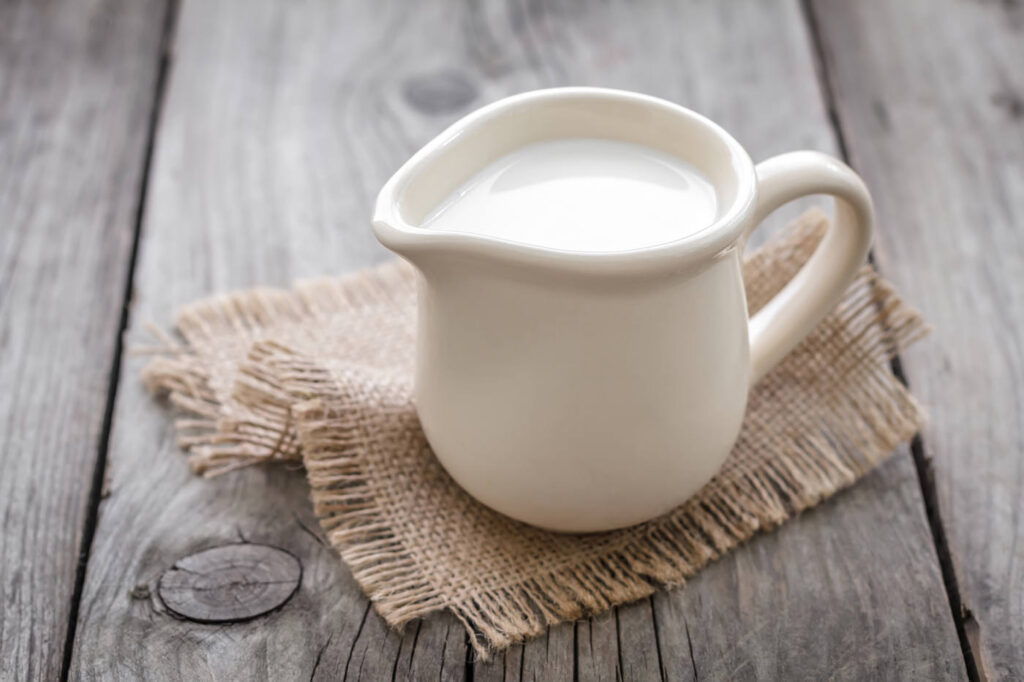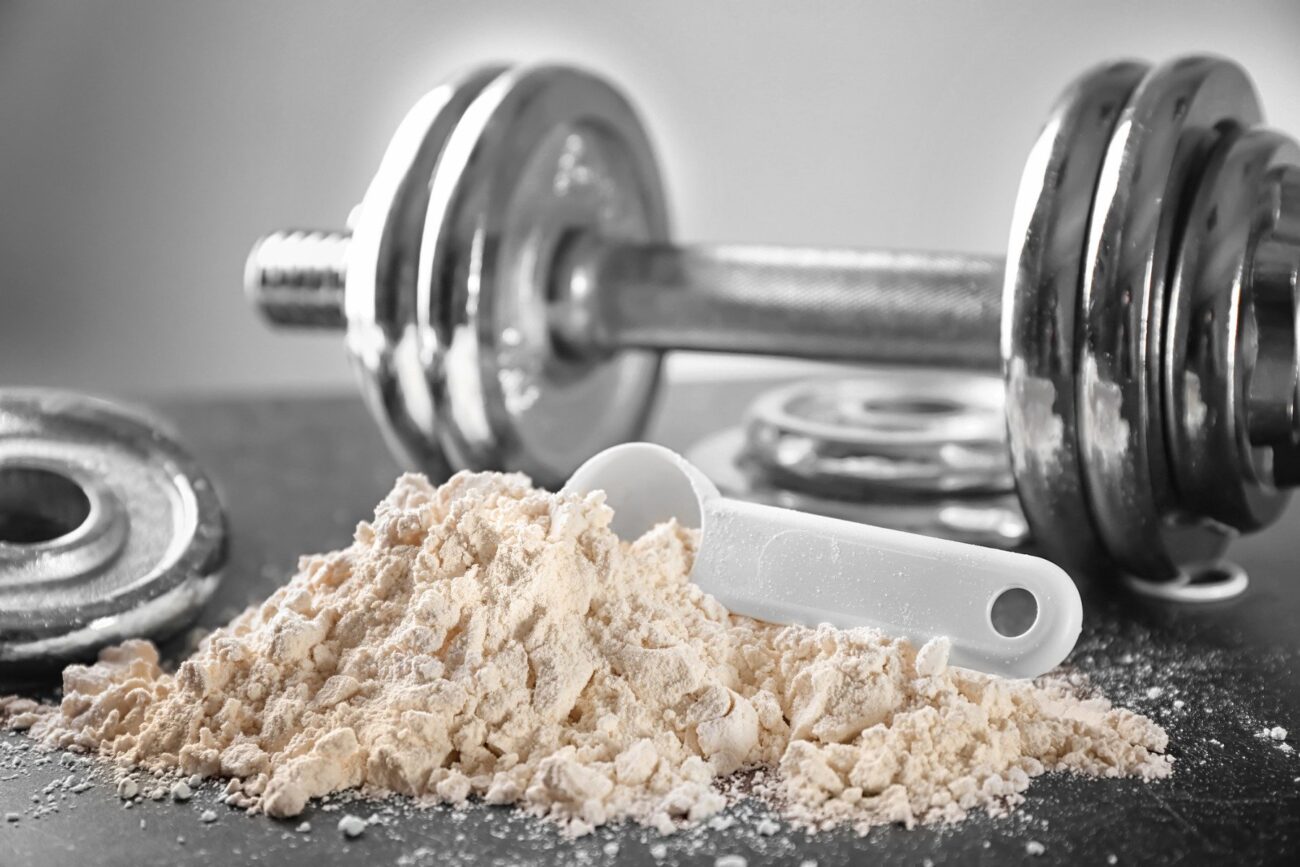When people talk about protein, whey often steals the spotlight. But there’s another powerful protein that deserves more attention: casein. Found in dairy products, casein is a slow-digesting, complete protein that plays a key role in muscle repair, satiety, and overall health.
In this post, we’ll explore what casein is, why it’s important for your body, and how you can include it in your diet for optimal health.
What Is Casein?
Casein is one of the two main proteins found in milk (the other being whey). It makes up about 80% of the protein in cow’s milk and is also present in cheese, yogurt, and other dairy products.
Unlike whey, which is rapidly absorbed, casein digests slowly, providing a steady release of amino acids into the bloodstream. This makes it particularly beneficial for muscle maintenance and repair over long periods, such as during sleep.
🧬 Health Benefits of Casein Protein
1. Supports Muscle Growth and Recovery
Casein is rich in essential amino acids and particularly high in leucine, which is critical for muscle protein synthesis. Its slow digestion makes it an ideal nighttime protein, helping repair muscles while you sleep.
2. Promotes Satiety and Weight Management
Due to its slow absorption, casein keeps you fuller for longer, reducing hunger and helping with portion control and weight management. This makes it a great snack option for those looking to lose or maintain weight.
3. Strengthens Bones
As a dairy-derived protein, casein comes with a natural dose of calcium and phosphorus, which are essential for strong bones and teeth. Regular consumption can support bone density, especially important as we age.
4. Improves Metabolic Health
Some studies suggest that diets higher in dairy proteins like casein may help regulate blood pressure, improve lipid profiles, and lower the risk of metabolic syndrome—a cluster of conditions linked to heart disease and diabetes.
5. Protects Against Muscle Breakdown
During long periods without food (e.g., overnight fasting), casein provides a slow trickle of amino acids that helps prevent muscle breakdown, especially in athletes or during calorie deficits.
🍽️ Best Sources of Casein
You can get casein protein through both whole foods and supplements:
Whole Food Sources:
- Milk
- Greek yogurt
- Cottage cheese (especially high in casein)
- Hard cheeses like cheddar or parmesan
Supplements:
- Micellar casein (the most natural form, slowly digested)
- Caseinate powders (calcium or sodium caseinate, slightly faster absorption)
Tip: A scoop of casein protein mixed with water or milk before bed is a popular strategy among athletes for overnight muscle recovery.
⚠️ Things to Consider
- Lactose Intolerance: Casein is present in dairy, so people with lactose intolerance should choose lactose-free sources or consult a healthcare professional.
- Allergies: Casein allergy (not to be confused with lactose intolerance) can cause reactions in some individuals.
- Timing: Because it digests slowly, casein isn’t ideal post-workout when fast absorption is needed—whey protein is better in that scenario. Casein shines when taken before bed or between meals.

Casein might not be as fast-acting as whey, but its slow, steady nutrient release makes it an essential player in any well-rounded diet. Whether you’re looking to build muscle, stay fuller for longer, or improve your overall nutrition, casein is a protein worth paying attention to.
So next time you’re enjoying a bowl of Greek yogurt or cottage cheese, remember—you’re fueling your body with one of nature’s most powerful proteins.
Have you tried casein protein before? What are your favorite ways to include it in your diet?
Share in the comments below!

